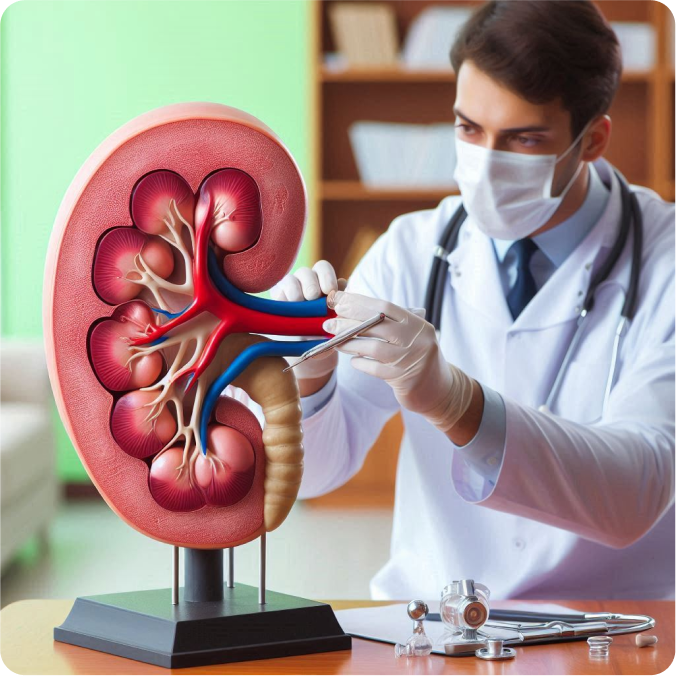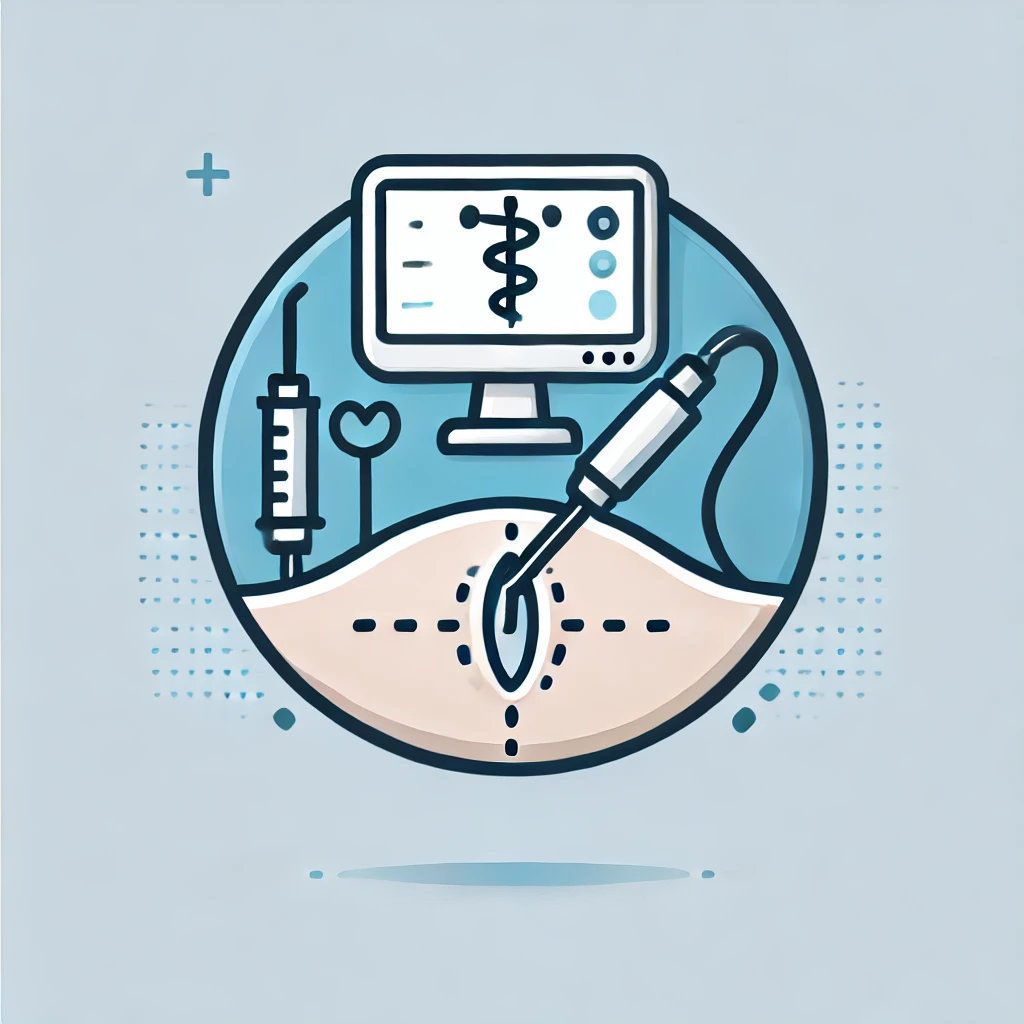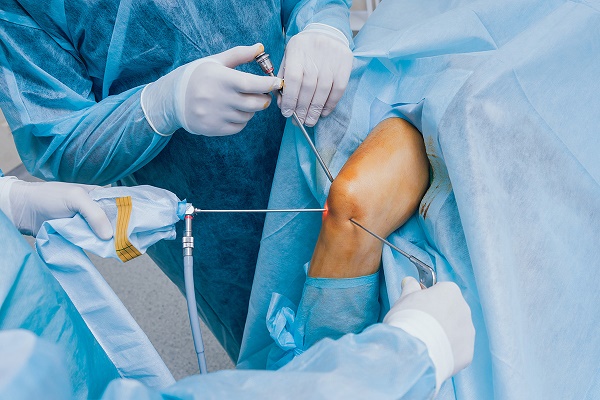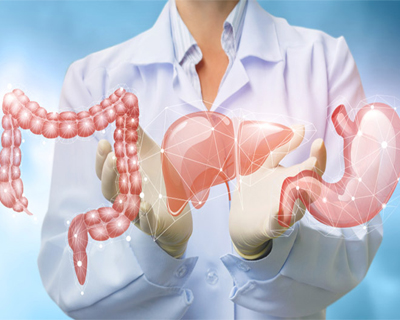
Nephrology & Dialysis Experts In Kakinada
Inodaya Hospitals has a team of Nephrologists, who are highly experienced in treating various kinds of kidney disorders, chronic kidney diseases, kidney transplantation, hypertension, acid-base electrolyte disorders, nephrolithiasis (kidney stones) and complex procedures such as renal denervation for uncontrolled hypertension. The dialysis unit with modern equipment and facilities for nephrology treatment operates 24/7 at full capacity. Nephrology is a practice that focuses exclusively on the ailments of the kidneys from diet to medication and treatment of kidney problems.
Nephrology specialists in kakinada at Inodaya Hospital make sure that you get the exact care and treatment. We have eminent doctors in our team with extensive experience in dealing with complicated diseases and provide the most advanced treatment and gives dialysis support with the latest facilities available in surgical procedures. We deliver the best and top international services to our patients.
Treatments offered
Continuous Renal Replacement Therapy (CRRT)
Dialysis – Haemodialysis & peritoneal dialysis
Acid-base & electrolyte disorders
Congenital kidney disorders
Glomerular disorders
Kidney transplantation
Chronic Kidney Disease (CKD)
Plasma Exchange
Hypertension (ABPM)
Tubular Disorders
Renal stone disease
Acute Kidney Injury (AKI)
Cyto Adsorption
Diabetic kidney disease
FAQ?
What is dialysis?
Dialysis is a medical treatment that removes waste and toxins from the blood. It is used to treat kidney failure, which is when the kidneys can no longer remove waste and toxins from the blood. Dialysis can also be used to control high blood pressure, regulate potassium levels, and keep a person’s body fluids in balance.
What are the different types of dialysis?
There are three main types of dialysis: hemodialysis, peritoneal dialysis, and renal transplantation.
Hemodialysis is the most common type of dialysis. It uses a machine to filter impurities and waste products from your blood. This type of dialysis is done in a clinic, hospital, or special center.
Peritoneal dialysis uses the lining of your abdomen (peritoneum) to filter your blood. A fluid is put into your abdomen through a tube called a catheter. The fluid stays in your abdomen for a while and absorbs waste products and extra fluid. The fluid is then drained out of your abdomen, taking the impurities with it. This type of dialysis can be done at home or in a clinic.
A third type of dialysis is called renal transplantation. In this treatment, your diseased kidneys are removed and replaced with healthy donor kidneys from a living or deceased person.
How often do I need to go to dialysis?
The frequency of dialysis depends on how well the kidneys are functioning. When kidney function is normal, people typically undergo dialysis three times a week. As kidney function deteriorates, people may need dialysis treatments more often. In cases of acute kidney failure, it may be necessary to dialyze every few hours.
How long does each treatment last?
On average, each session takes 3 hours. But how long you have to stay at the hospital can vary depending on why you are having dialysis and if anything changes during treatment times.
Who needs Dialysis?
Dialysis is necessary for patients who have lost up to 85% of their kidney function and who are not candidates for a kidney transplant. It can also be used as a temporary measure while a patient awaits a donor kidney or undergoes dialysis treatment prior to transplantation.
Can I lead a normal life with dialysis?
Yes. Dialysis lets you lead a fairly normal life. You can work, travel, and do most things you did before you started dialysis. But you will need to make some changes, such as eating a special diet and taking care of your blood pressure.
Can I eat whatever I want while on dialysis?
No, you will need to follow a special diet while on dialysis. Your dietitian will create a meal plan specifically for you that meets your nutritional needs.
Can I drink alcohol while on hemodialysis?
No, you should not drink alcohol while on hemodialysis. Alcohol can damage your liver and kidney function.
Will I feel tired after my treatments?
Yes, you may feel tired after your treatments. This is normal and will go away over time. Try to plenty of rest and schedule your treatments around when you know you will have the most energy.
Can I travel while on hemodialysis?
Yes, you can travel while on hemodialysis. Talk to your doctor about how to prepare for your trip. You may need to bring some of your own medical supplies with you.
Can I still work while on dialysis?
Some people can continue working while on dialysis, but others may need to take time off from work. talk to your doctor about what is best for you.
What should I do if I have a problem during my treatments?
If you have a problem during your treatments, tell your doctor right away. Do not try to solve the problem yourself.
What are complications from dialysis?
There are a number of complications that can occur as a result of dialysis. These can include:
- Infection – This is one of the most common complications, and can range from mild to life-threatening. It is important to take precautions to reduce your risk of infection, such as washing your hands regularly and avoiding contact with sick people.
- Bleeding – Dialysis can sometimes cause blood vessels to rupture, leading to bleeding. This can be quite serious, and may require emergency treatment.
- Low blood pressure – This is a common complication of dialysis, and can cause dizziness, lightheadedness, and fainting. It is important to drink plenty of fluids and eat a balanced diet to maintain stable blood pressure.
- Acute Kidney Injury (AKI) – AKI is a sudden decrease in kidney function, which can be triggered by reduced blood flow during dialysis or another cause of reduced kidney function.
- Anemia – lack of red cells causing paleness , weakness, dyspnea on exertion, etc.
- Loss of graft – refers to the transplanted organ no longer functioning after transplantation. This may be due to a number of reasons, such as rejection by the immune system or infection.
- Death – This is a rare complication, but it is possible for people on dialysis to die from various causes, such as infections or heart problems.
How much do dialysis treatments hurt?
In most people who have been on dialysis for at least several weeks or months, there will be pain associated with each treatment. Some people also experience discomfort when the fistula/graft becomes inflamed during dialysis due to irritation from the needles used to remove and add blood. This inflammation, called phlebitis, is a common complication of hemodialysis.
What are some of the common side effects of dialysis?
Dialysis can cause a variety of symptoms, including nausea, vomiting, diarrhea, constipation, cramps, headache, muscle weakness, and restless legs syndrome. These side effects are usually mild and can be controlled with medications. Some people also experience mood changes or depression on dialysis.
How does someone get started on dialysis?
Speak with your doctor about getting started on dialysis. Some people are referred to a nephrologist (kidney doctor). Other people decide to learn more about their options themselves or work with counselors to find out which option is best for them.
What kind of equipment is used for dialysis?
Dialyzors are machines that clean your blood outside of your body. A tube called a catheter is put into your chest, neck, or groin. This is the part of the machine that carries blood to and from your body. A dialysis solution called a dialysate is used with hemodialysis machines to clean the blood inside the dialyzer. Another tube called a drain carries waste out of your body. Bloodlines carry blood throughout the machine and a pump helps move the blood through the tubing system.
What should I expect during my first dialysis treatment?
Your first dialysis treatment will probably last around four hours. You will be connected to a machine that will clean your blood and remove waste and excess fluid.
How long can I expect to be on dialysis?
Many people are able to go back to work and lead fairly normal lives while on dialysis, but it depends on your individual situation. The average life expectancy for someone receiving treatment is around six years. That number has increased significantly in recent years due to the improvements in dialysis technology.
Is there ever a time when I wouldn't need dialysis?
Yes, some people only need dialysis temporarily while they wait for a kidney transplant. Others may never need it at all if they receive a transplant and their kidney function remains stable over the years.

Book Appointment
Schedule your appointments effortlessly with our user-friendly booking system.









































